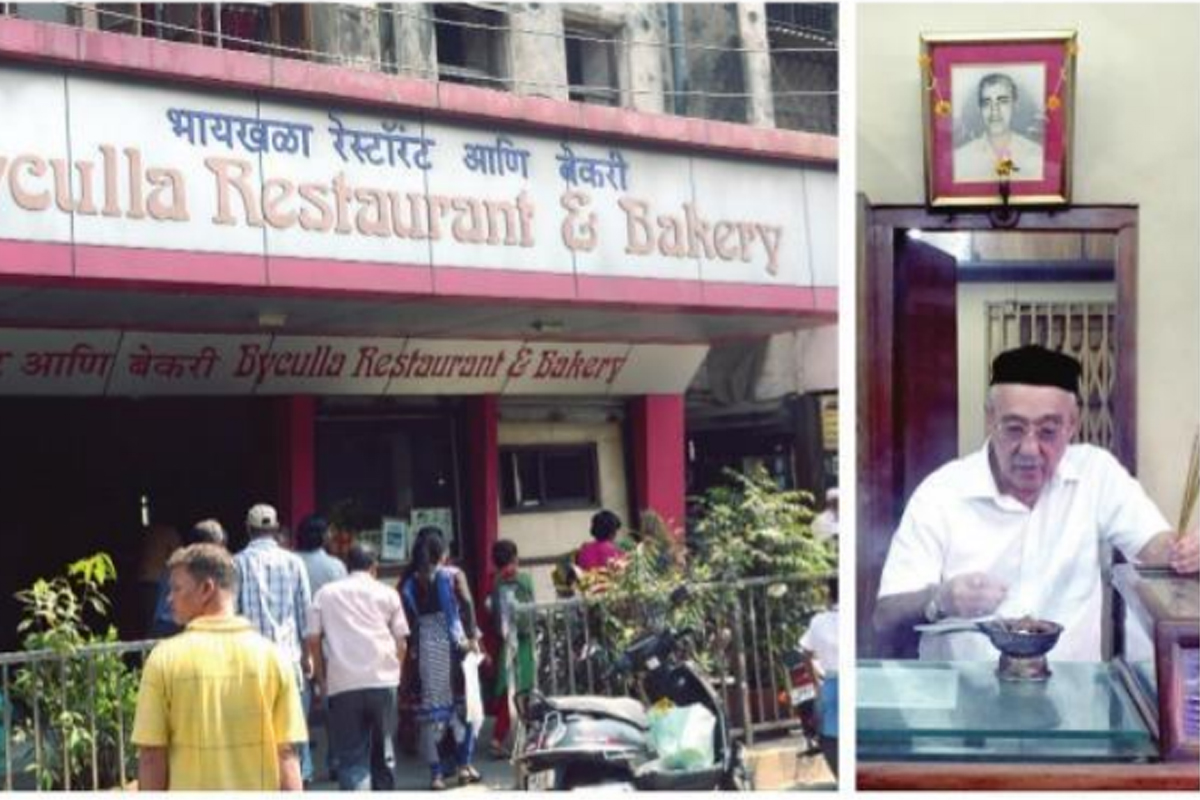Darius Ferzandi is no more. At age 85, he passed away in Mumbai last week, the locally well-known owner (see photograph) of Byculla Restaurant and Bakery. He ranked among other Parsi elders running Mumbai’s famous Irani cafés, the sepia-tinged bridges across time and generations.
Life has often painfully changed, positives gained, favourite haunts missed during this strange pandemic paradigm
Advertisement
For many old-time Mumbai residents, the past weeks were longest in the city without an Irani ‘kadak pau’ (hard-crust bread) and bread pudding usually sold out soon after being made.
Perhaps courtesy memories of bygone happy summers and merry winters, local journalists never tire of chronicling Irani cafés, those Persianorigin temples to bun-maska (butter) and creamy tea, the quaint time machines baking in street corners as people and decades pass by.
They baked and brewed milky tea as long as the oldest living citizen can remember, the Zoroastrians from Persia (Iran since 1935) fleeing Islamic persecution – the brutal madness of maniacs demanding tolerance for their “religion” but intolerant of other religions in a civilizational curse across time.
The Irani cafés, legend goes, were born from the tea served during get-togethers of homesick Persians in Bombay a century ago. From hundreds of Iranian restaurants a dozen remain to survive and serve as quaint links of cultures across countries and centuries. Times changed, but not Irani cafés.
No bakers wearing tall white toque blanches, only generations of bun, biscuits, pudding and pies with local dishes. The 1930s and 2020s meet in Irani cafés in atmosphere draped with ghosts of time, the dark wood interiors, the framed mirrors, sweet aroma of baked delights, faded tabletops where friends dunk buns in ‘paani kum chaai’ (less milk tea), sitting perhaps where their grandfathers, once upon a Bombay time, clumsily tried to impress those coy girls who became their grandmothers.
Each Irani Café had a famed speciality: Yazdani’s cakes, Kayani’s bread pudding, Merwan’s fluffy khara biscuits which the late Mr Eruch Shroff from The Statesman Bombay office, said circulation head John Lobo, bought for then Statesman Editor-in chief C.R Irani (1931 – 2005) whenever he came to town.
The survivors outlasted inheritance battles of a new generation nursing grander ambitions, prowling real-estate sharks turning Irani cafés into beads in McDonald’s and Domino’s chains.
Yazdani survived such sandstorms of change, a landmark near the Bombay Stock Exchange, with its gracious septuagenarian owner Parvez Irani and his son Tirandaz, the latter’s face lighting up in surprise when the customer giving him Bill Hart’s Art of Living book on Vipassana (www (dot) dhamma (dot) org) did not want any money for it.
Yazdani lingers among last of the Irani café time machines connecting the Mumbai of billionaires with Bombay of British years when the first Ford T and Daimler cars, horse carriages and trams from Colaba to Pydhonie rumbled on cobbled roads with picturesque gas-lit lamps.
Who knows how often Subhash Chandra Bose crunched bun-maska and sipped tea in an Irani café in South Bombay circa 1930s, before strolling to the shimmering sea waters along Marine Drive that now carries his undying name – part of the untold reality of who was the true cause of India’s independence from British looters. The reality of Irani cafés in unique urban legend includes stern notices on ageing walls admonishing customers: “Food will not be served to over drunken persons.”
Bombay-born poet Nizzim Ezekiel (1924-2004) immortalized eccentricities of the Merwan, Yazdani, Bastani, Kayani, Irani café tribe in his 1972 poem titled ‘Irani Restaurant Instructions’ (excerpts):
“Please…. Do not sit more Pay promptly, time is invaluable Do not write letter Without order refreshment …Do not make mischiefs in cabin Our waiter is reporting Come again, All are welcome whatever caste If not satisfied tell us Otherwise tell others.” And we never tire of telling others.
The writer is a senior, Mumbai-based journalist.
















